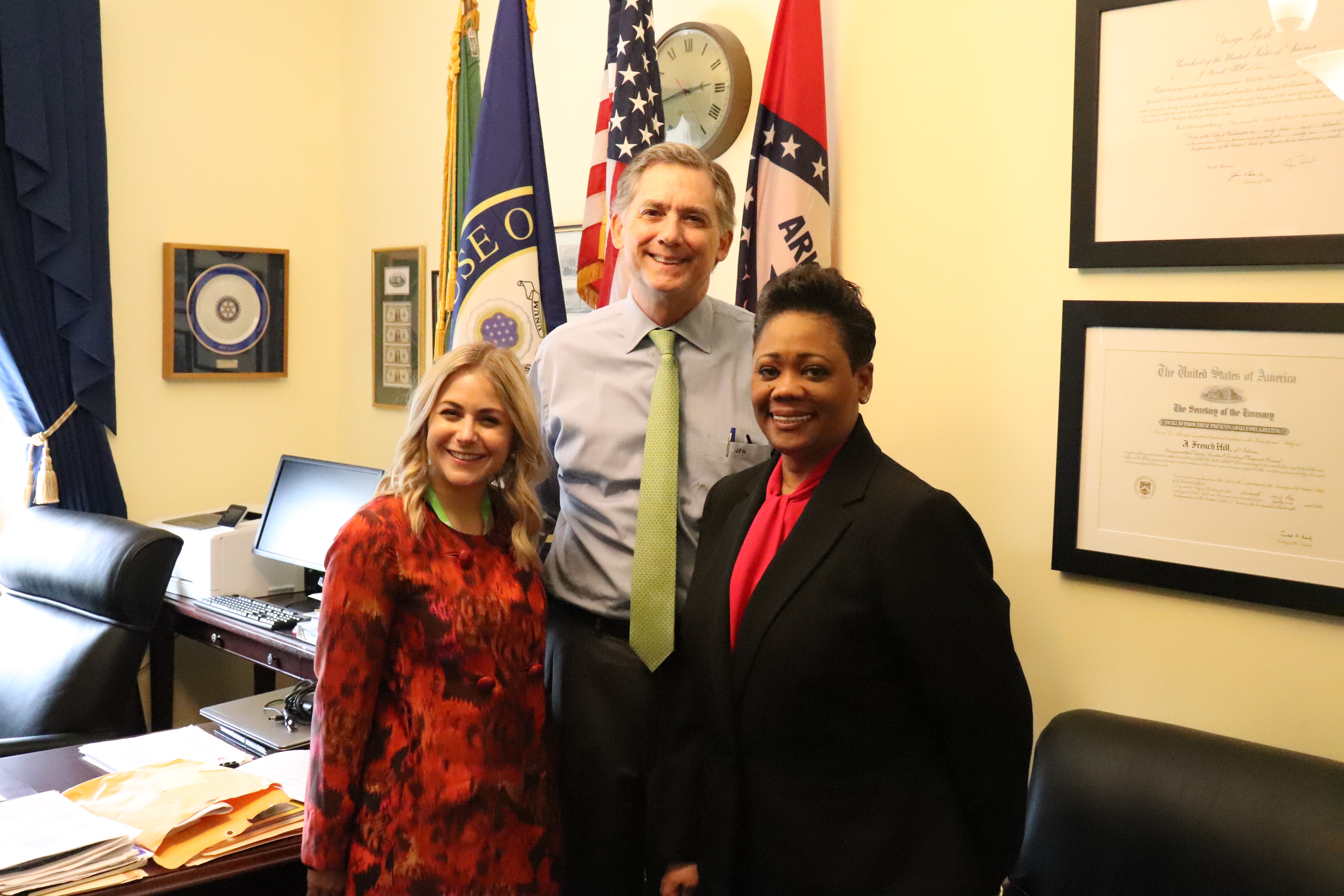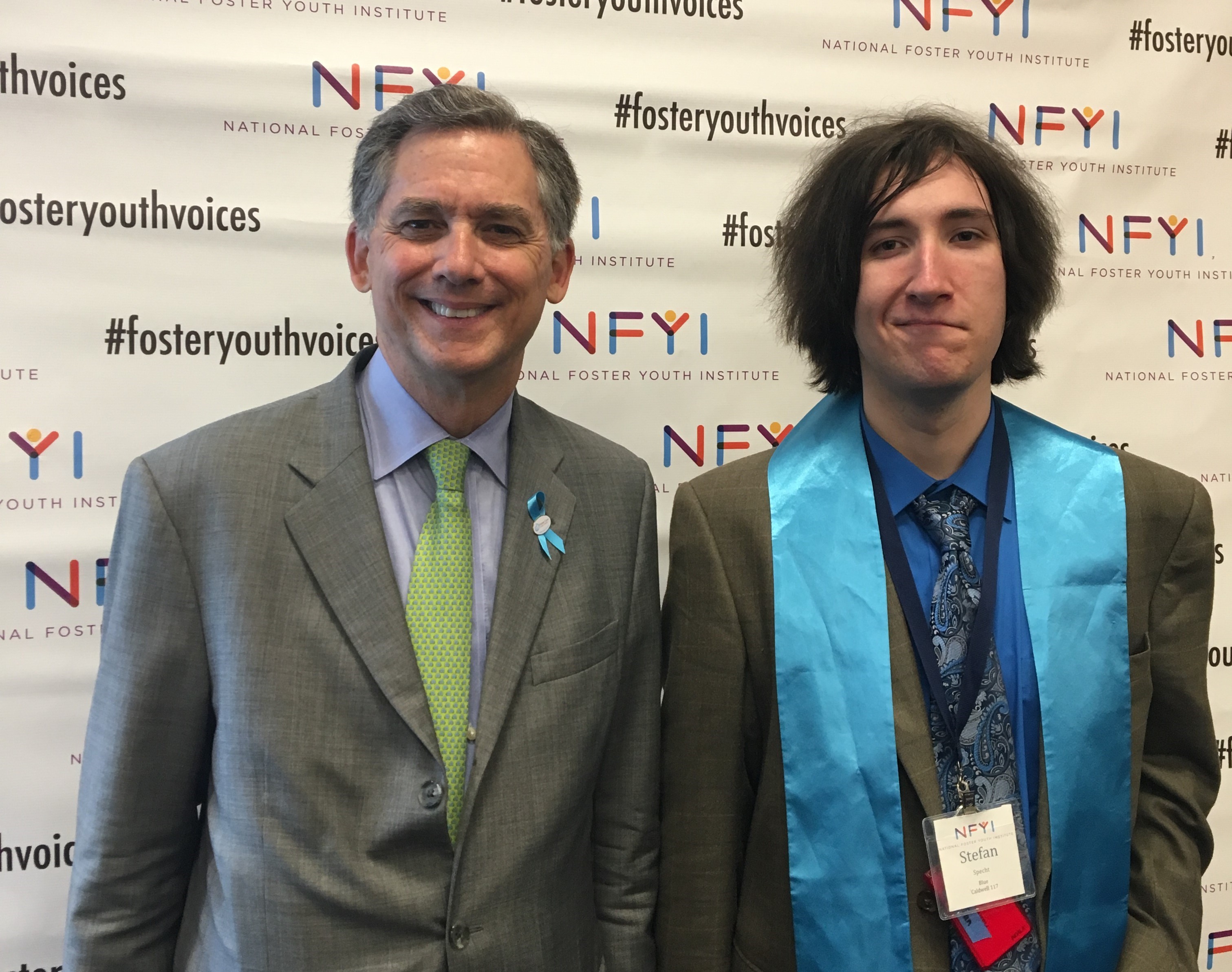Equipping our Youth for the Future
Washington,
May 31, 2018
Afterschool programs are critical to ensuring the success of our youth. Young people are deserving of the attention, time, and resources they need to be successful. Without the support and commitment of their communities, their futures are in jeopardy. That’s why I’m thankful for the work of organizations like Afterschool Alliance that has a branch located here in Arkansas, whose goal is to increase investment in quality afterschool program initiatives at the national and local levels. Founded in 2000 by with support from the Charles Stewart Mott Foundation and the U.S. Department of Education, the After school Alliance works with policymakers, advocacy groups, and other organization with a stake in the success of national after school programs. According to After school Alliance data, one out of every five children is alone and unsupervised from early afternoon to early evening. This time, when most parents are still at work, is when juvenile crime and victimization peak.
In Arkansas specifically, seventy-five percent of our parents believe that after school programs give them a sense of comfort and that the supervision reduces the likelihood of children engaging in risky behaviors. Many of the youth left unsupervised are children inside of the foster care system. In Arkansas, we have over 5,000 children currently in the state’s foster care system. Each year in Arkansas, over 200 foster youth age out of the foster system, leaving them without a permanent family connection. A little under half of these youth will experience homelessness before their twenty-fifth birthday. That’s why I’m encouraged and thankful of the work of our outstanding community partner, Immerse Arkansas, and the work they do to curb these statistics and the lasting detrimental side effects on these children.
This month, I spent time getting to know former foster youth Stefan Specht (above right). He shared with me his story and the personal challenges he faced in the foster care system. As a foster youth, Stefan got involved with the National Foster Youth Institute and Immerse Arkansas - both organizations dedicated to giving foster youth a place to belong while helping them to transition into adulthood. I’m thankful for the difference these organizations are making, and others like them, that dedicate their efforts to supporting foster youth like Stefan. Our school districts, non-profits, and key state holders need to come together to support better care for foster youth and quality after school programs. It is essential that these programs are helping children develop occupational skill sets, getting the youth to think about their futures and the paths they want to begin paving, and implementing ways for them to achieve these goals. I’ve talked about the need for educational programs that not only invest in the personal development of our youth, but in their vocational and workforce skill-development as well. After school programs are a vital component to introducing young people to avenues for success. This includes building foundational skills and competencies for the workforce, introduction to new interests and career pathways, and real-world work experience that help them gain familiarity with jobs. I have made a commitment to Arkansas’s youth through my support of these programs and I am bringing this message to my colleagues in Washington. When our children and youth are properly equipped for their future, our communities are destined for success. |




